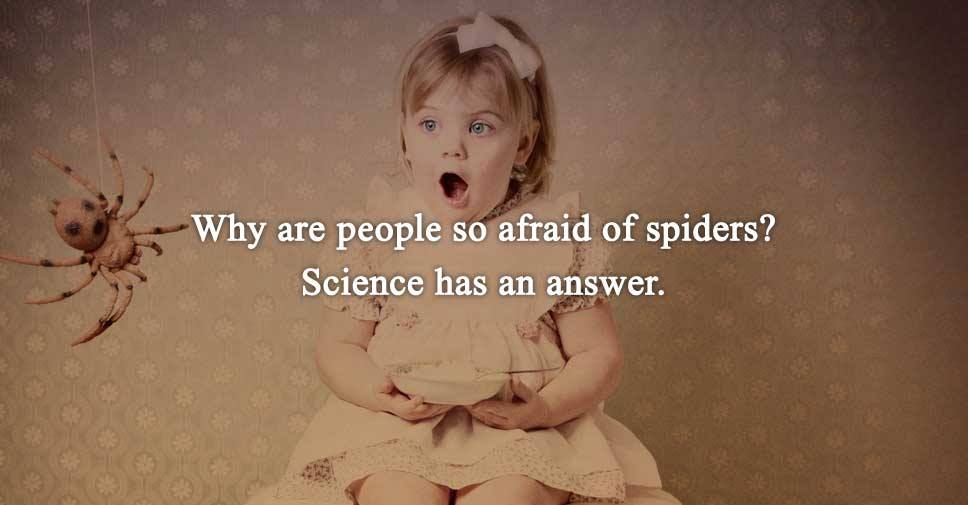When addressing my own personal fear of spiders, I have turned to science many times, only to be terrified to find things like fish eating spiders, or spider venom being used to save bees.
For most people that are afraid of spiders, very rarely is there a legitimate explanation. If someone says that they are afraid of spiders, and you ask why, the answer is often simply, “because they are spiders…” That is my basic answer. But where does that fear come from? I’d be willing to be that the percentage of arachnophobes exude their fear as an actual circumstance of experience, like having been bitten, for instance. For most people, it is purely a response.
That’s where science comes in to clear some things up. One theory, proposed by Barnard College’s Joshua New and Tamsin German from the University of California, Santa Barbara, is that: throughout time our brains have developed “ancestral mechanisms” whose sole purpose is the quick detection of immediate and specific threats. Think of them as like genetic memories handed down through our evolutionary history.
To test their theory, the duo recruited hundred of college students and had them perform a simple visual test of picking the longer of two lines in a series of crosses on a computer screen. Once the test subject had picked a couple of answers they would flash an image for a few hundred milliseconds on the screen. Almost faster than they eye could detect, in fact – if you blinked, you’d miss it. They chose 3 images that would normally be readily recognized: a hypodermic needle, a house fly, and a spider.
The results showed that only 10% could locate the housefly. 15% noticed the needle. over 50% noticed and could pinpoint the location of the spider, despite the “inattentional blindness” that the test was creating. What that meant to the researchers is that even when distracted your brain paid attention to an image of a spider, even subconsciously.
That is a pretty strong indicator that our brains recognize threats, especially natural ones, on a deeper level that we understand. It also indicates that it is not a learned response, as that would imply that 50% of the people tested had a similar experience with a spider. According to Joshua New: “A central body plus radiating segments — that’s the template you need to (turn on) this super-responsive awareness. If you’re walking around and there’s a spider on the ground and a needle, you’d be more likely to step on the needle than on the spider.”
Related: 20 of the Strangest Phobias People Actually Experience



